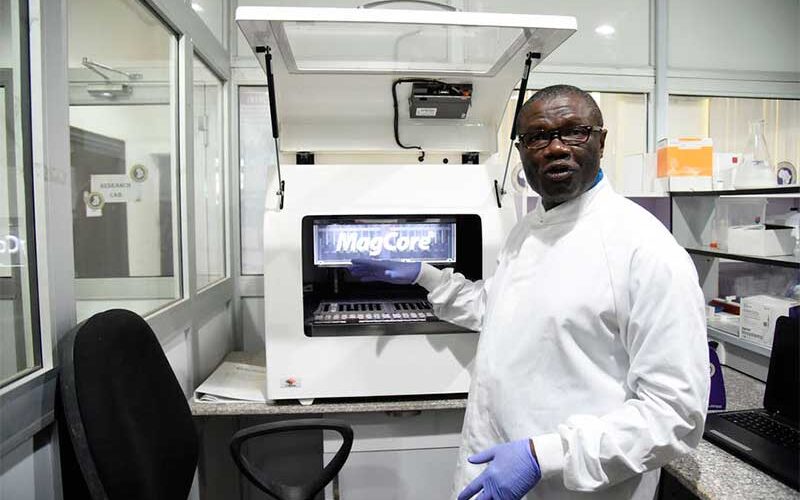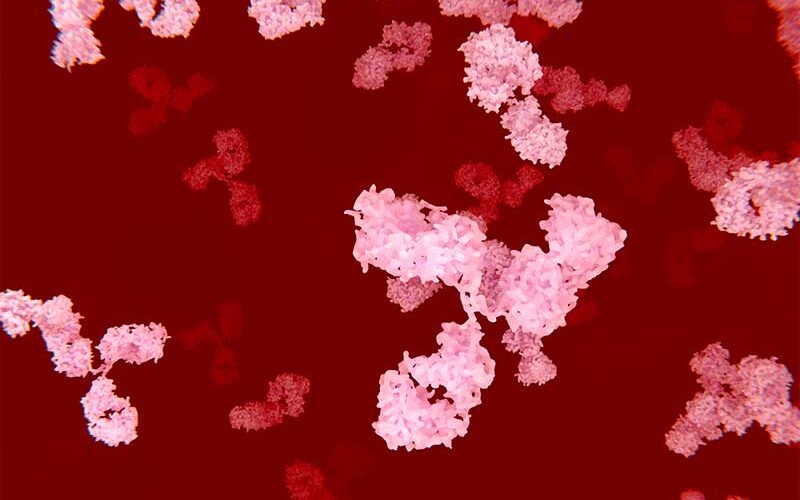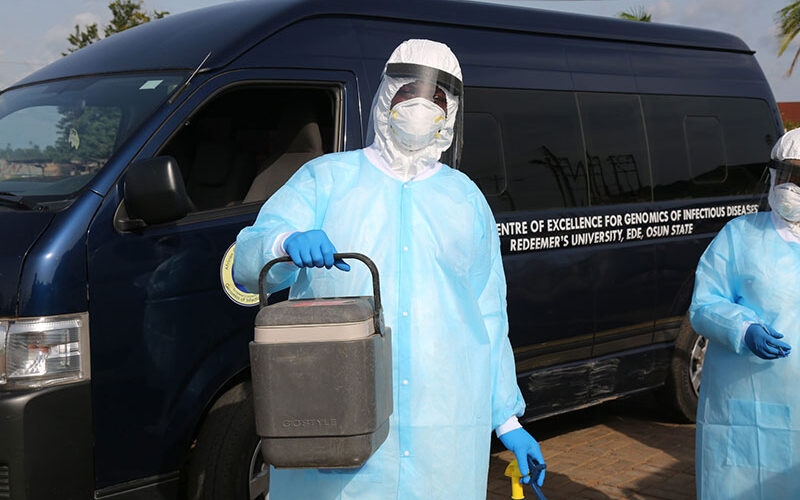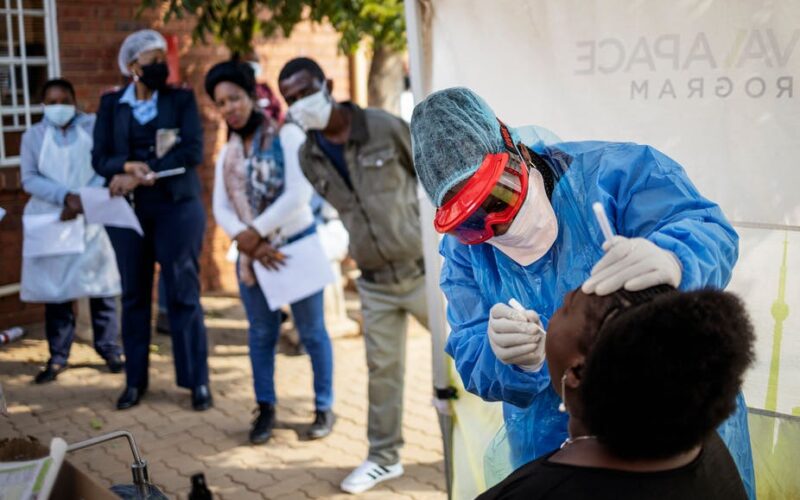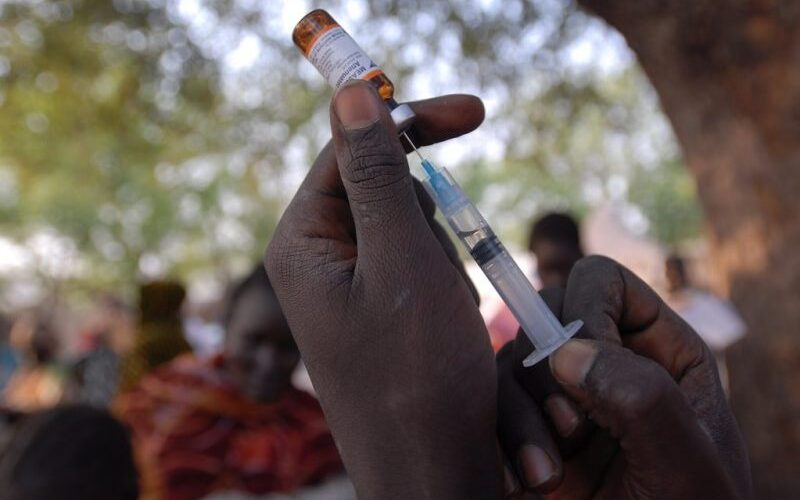
COVID-19 vaccine trials in Africa: what’s promising, and what’s problematic
SCIENTISTS are working around the clock to develop and test vaccines against SARS-CoV-2, the causative agent of COVID-19. Experts agree that widespread use of safe and effective vaccines will rapidly contain the COVID-19 pandemic, preventing transmission and disease. BENJAMIN KAGINA, Senior Research Officer, Vaccines For Africa Initiative, Faculty of Health Sciences, University of Cape Town A key step in the process of any vaccine development is clinical testing, which involves assigning a vaccine or a placebo to human subjects, then evaluating the health effects over a period of time. This testing helps to demonstrate safety in diverse human populations living…

